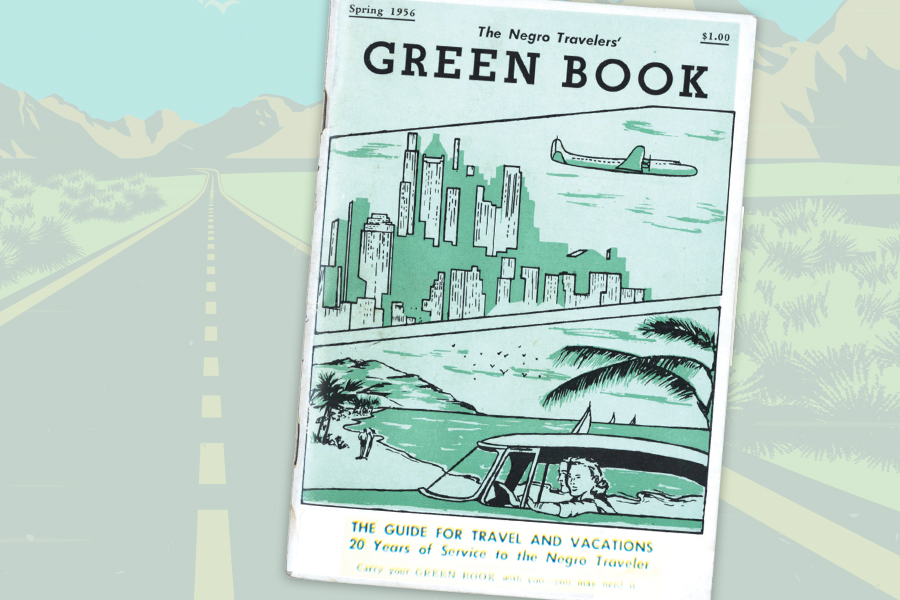A forthcoming documentary will profile Victor Green, a Harlem letter carrier who published a pivotal guide to make road trips and lodging safer for African-Americans during the 1930s.
The Negro Motorist Green Book was a crucial resource for segregation-era African-Americans who faced discrimination while traveling. The publication listed restaurants that would serve them and inns and private residences where they could sleep.
“If a person could travel by car — and those who could, did — they would feel more in control of their destiny. The Green Book was what they needed,” filmmaker Calvin Ramsey tells this month’s edition of Smithsonian Magazine.
Mail carriers had a unique advantage of knowing which homes would accommodate travelers and mailed reams of listings to Green, according to Ramsey, who is raising money online for his documentary, “The Green Book Chronicles.”
Green retired in 1952 to pursue full-time publishing. The Green Book continued for a few years after his death in 1960.
The last version, published in 1967, includes hotels, nightclubs, state parks, golf courses and more across the country where African-Americans were welcomed.
The National Association of Letter Carriers published a history of The Green Book in 2013.


